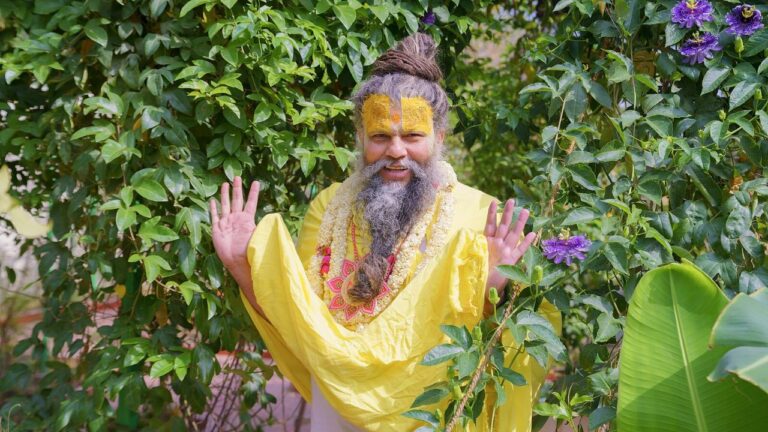
Discovering Lasting Happiness: Art of Embracing Contentment
In a world driven by constant desires and comparisons, it’s easy to lose sight of the simple joys that surround us. Are you one of those individuals who often find themselves yearning for more, believing that happiness is somehow tied to material possessions or external circumstances? It’s time to reconsider this perspective and delve into the transformative power of ‘Contentment’.
Take a moment to reflect on the abundance that you already possess. There are countless individuals across the globe who lack basic necessities like regular meals, proper shelter, and access to education. Yet, in the midst of their struggles, many of them manage to wear genuine smiles and exude happiness. What could be the secret behind their contentment?
To explore this, let’s examine the common misconceptions that often cloud our perception of happiness. Many individuals associate happiness with wealth and possessions. The idea that money can buy happiness is widespread, but it’s essential to debunk this myth. While money can provide temporary pleasures, it fails to create a sustained sense of contentment. True happiness is rooted in appreciating the little things and finding joy in simplicity.
One fundamental step towards embracing contentment is learning to appreciate the present. We often get caught up in the past or the future, letting regrets and anxieties cloud our thoughts. However, the real power lies in the present moment. By practicing mindfulness and focusing on the “here and now,” we can savor life’s fleeting moments and make the most of our experiences.
Consider the common tendency to compare ourselves with others. In today’s interconnected world, social media fuels this comparative mindset, where we’re constantly measuring our lives against carefully curated online personas. However, contentment can only flourish when we stop looking at what others have and start appreciating what we have accomplished and the unique qualities that define us.
Furthermore, the pursuit of constant growth can lead to dissatisfaction. The desire for change is natural, but it’s crucial to strike a balance between aspiring for improvement and accepting ourselves as we are. Striving for unrealistic ideals or endlessly chasing unattainable goals can prevent us from recognizing the beauty and worth in our present state.
The stories of individuals who possess very little yet radiate contentment should inspire us to reevaluate our perspectives. They find happiness not in material wealth, but in the relationships they cultivate, the simple pleasures they savor, and the gratitude they feel for even the smallest blessings. Their contentment stems from within, not from external factors.
Cultivating contentment doesn’t imply stagnation; it means deriving happiness from the journey itself, rather than fixating solely on the destination. By shifting our focus from accumulation to appreciation, from comparison to self-acceptance, and from past regrets to present mindfulness, we can unlock a profound sense of contentment that permeates every facet of our lives.
In conclusion, the pursuit of contentment is a conscious choice that can lead to a more fulfilled and joyful life. It involves appreciating the present, releasing the hold of past regrets, and resisting the allure of constant future planning. By redefining our notions of success and happiness, we can find contentment in the simplicity of existence. Remember, the secret to a truly happy life lies in embracing the beauty of what you have, rather than yearning for what you lack.






